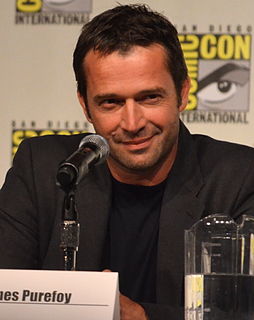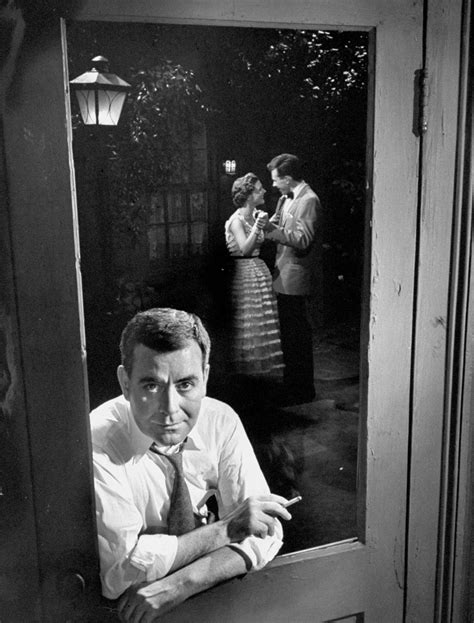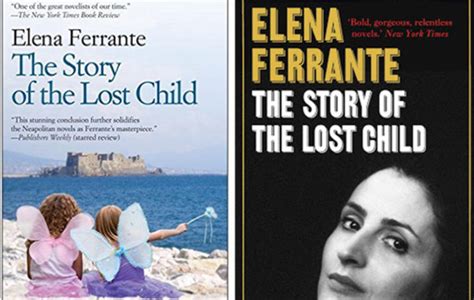A Quote by Richard Flanagan
Related Quotes
The moment in the account of Adam and Eve in the book of Genesis is when they realize they're naked and try and cover themselves with fig leaves. That seemed to me a perfect allegory of what happened in the 20th century with regard to literary modernism. Literary modernism grew out of a sense that, “Oh my god! I'm telling a story! Oh, that can't be the case, because I'm a clever person. I'm a literary person! What am I going to do to distinguish myself?...a lot of modernism does seem to come out of a fear of being thought an ordinary storyteller.
What is literary tradition? What is a classic? What is a canonical view of tradition? How are canons of accepted classics formed,and how are they unformed? I think that all these quite traditional questions can take one simplistic but still dialectical question as their summing up: do we choose tradition or does it choose us, and why is it necessary that a choosing take place, or a being chosen? What happens if one tries to write, or to teach, or to think, or even to read without the sense of a tradition? Why, nothing at all happens, just nothing.
Does people not asking me about Asian American literature mean they don't see it as its own literary tradition? I certainly believe in it as its own literary tradition, because your race plays a great factor in how you are seen by the world, and how you see the world; the fact that I'm an Asian American isn't incidental to who I am as a writer. Where it becomes difficult is defining what, if anything identifiable at all, makes an Asian American book an Asian American book, other than the fact of its creator being Asian. And I'd argue that there is nothing identifiable beyond that.






































